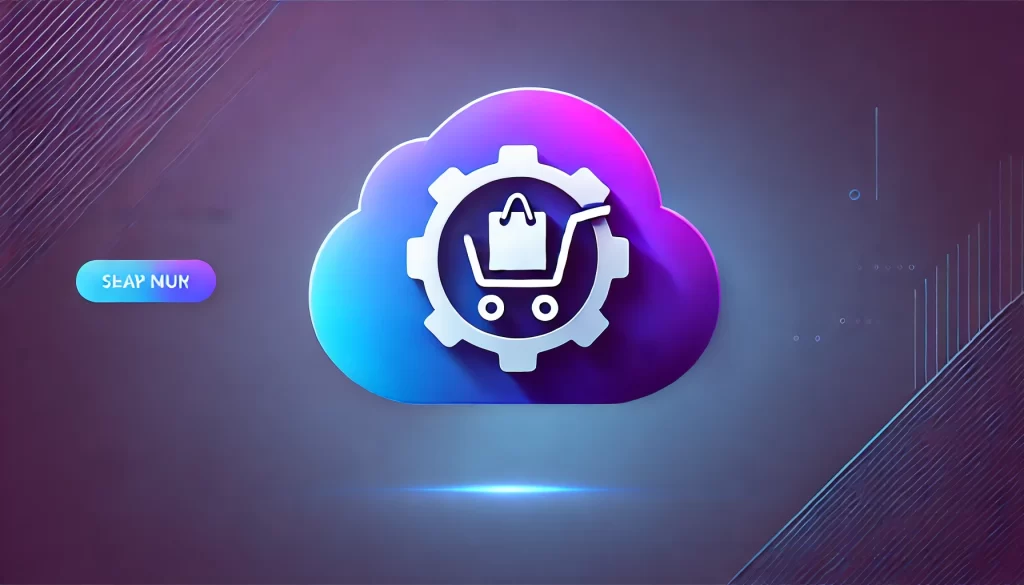Looking to kickstart your e-commerce business in Pakistan? One critical factor for success is sourcing the right products. Finding reliable suppliers who can deliver top-notch products at competitive prices is key. In this comprehensive guide, we will delve into the ins and outs of product sourcing in Pakistan, offering valuable insights and strategies for entrepreneurs aiming to understand how to start an e-commerce business in Pakistan.
Contents
- 1 Understanding Product Sourcing
- 2 Step 1: Identifying Reliable Suppliers
- 3 Step 2: Evaluating Product Quality
- 4 Step 3: Negotiating Prices
- 5 Step 4: Managing Logistics and Shipping
- 6 Step 5: Building Long-Term Relationships with Suppliers
- 7 Step 6: Staying Compliant with Regulations
- 8 Conclusion: Effective Product Sourcing in Pakistan
Understanding Product Sourcing
Product sourcing is finding products to sell through your e-commerce store. It involves researching suppliers, evaluating product quality, negotiating prices, and ensuring timely delivery. Effective product sourcing is essential to maintaining a steady inventory and meeting customer demands.
Step 1: Identifying Reliable Suppliers
The first step in product sourcing is identifying reliable suppliers. Whether you choose to source locally or internationally, finding trustworthy suppliers is crucial for ensuring the quality and consistency of your products.
Local Suppliers
Sourcing products from local suppliers can offer several advantages, including faster shipping times and easier communication. In Pakistan, you can find local suppliers through:
- Trade Shows: Attending trade shows and industry events is a great way to meet potential suppliers and see their products firsthand.
- Online Marketplaces: Websites like Alibaba, Daraz, and Tradekey allow you to connect with local suppliers and manufacturers.
- Business Directories: Utilize business directories and industry associations to find reputable suppliers in Pakistan.
International Suppliers
International suppliers, particularly from countries like China, can offer cost-effective options for product sourcing. However, working with international suppliers requires careful consideration of shipping times, import regulations, and communication barriers.
Step 2: Evaluating Product Quality
Ensuring the quality of your products is crucial for maintaining customer satisfaction and building a strong brand reputation. Before committing to a supplier, it’s important to evaluate the quality of their products.
Requesting Samples
Requesting samples is an essential step in evaluating product quality. By examining samples, you can assess the products’ materials, craftsmanship, and overall quality. This helps you make informed decisions and avoid potential issues down the line.
Checking Certifications
Ensure that the supplier has the necessary certifications and compliance with industry standards. Certifications such as ISO, CE, and other relevant quality marks indicate that the supplier adheres to high-quality manufacturing processes.
Step 3: Negotiating Prices
Negotiating prices with suppliers can significantly impact your profit margins. Effective negotiation ensures you get the best possible prices without compromising quality.
Tips for Effective Negotiation
- Research Market Prices: Research the market prices for similar products before entering negotiations. This gives you a benchmark for reasonable pricing.
- Build Relationships: A good relationship with your supplier can lead to better terms and discounts.
- Order in Bulk: Larger quantities can often result in lower prices per unit. However, ensure that your demand justifies the bulk order.
Step 4: Managing Logistics and Shipping
Managing logistics and shipping is a critical aspect of product sourcing. Efficient logistics ensure that your products reach customers on time and in good condition.
Choosing the Right Shipping Method
Depending on your supplier’s location and the nature of your products, you can choose from various shipping methods, including air freight, sea freight, and courier services. Each method has its advantages and considerations:
- Air Freight: Faster but more expensive, suitable for smaller, high-value items.
- Sea Freight: Cost-effective for large shipments but slower delivery times.
- Courier Services: Reliable for smaller packages and offers door-to-door delivery.
Partnering with Logistics Providers
Partnering with reliable logistics providers ensures your products are handled and delivered efficiently. Look for providers with a strong track record in e-commerce logistics and good customer reviews.
Step 5: Building Long-Term Relationships with Suppliers
Building long-term relationships with suppliers is beneficial for ensuring a steady supply of products and favorable terms. Good relationships can lead to better pricing, priority service, and flexibility.
Communicating Effectively
Maintain open and regular communication with your suppliers. Use tools like email, phone calls, and messaging apps to promptly stay in touch and address any issues.
Monitoring Performance
Monitor your supplier’s performance regularly, including product quality, delivery times, and responsiveness. Address any concerns immediately to maintain a high standard of service.
Step 6: Staying Compliant with Regulations
Compliance with local and international regulations is essential when sourcing products. Ensure that your products meet all necessary legal requirements to avoid any issues.
Import and Export Regulations
If you are sourcing products internationally, familiarize yourself with import and export regulations. This includes understanding customs duties, tariffs, and documentation requirements.
Product Safety Standards
Ensure that your products comply with safety standards and regulations. This includes checking for certifications and conducting safety tests if necessary.
Conclusion: Effective Product Sourcing in Pakistan
Product sourcing is vital to building a successful e-commerce business. By identifying reliable suppliers, evaluating product quality, negotiating prices, managing logistics, building long-term relationships, and staying compliant with regulations, you can ensure a steady supply of high-quality products for your online store.
For more detailed information on each step, don’t forget to visit the related articles:
- Product Hunting in Pakistan
- Trends in E-Commerce in Pakistan
- E-Commerce Platforms in Pakistan
- Launching Your Product Online
- Marketing Your Product Online
By following this guide and exploring the linked resources, you’ll be well-prepared to source products effectively and build a successful e-commerce business in Pakistan.







